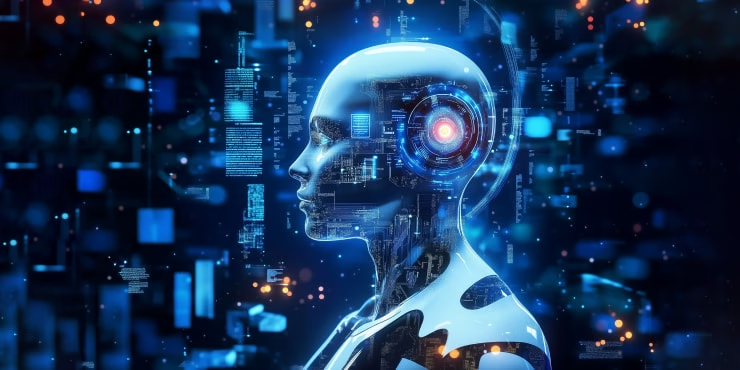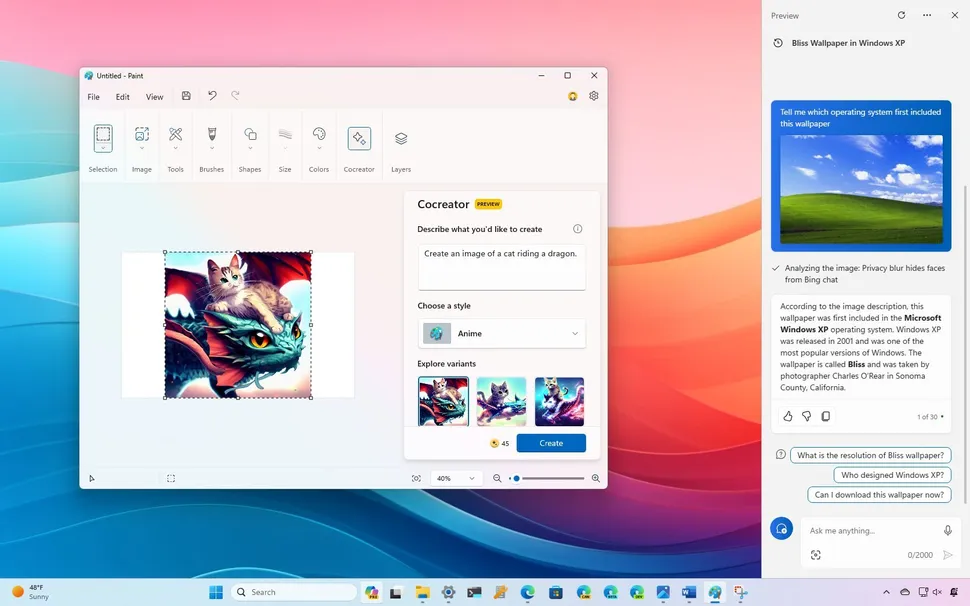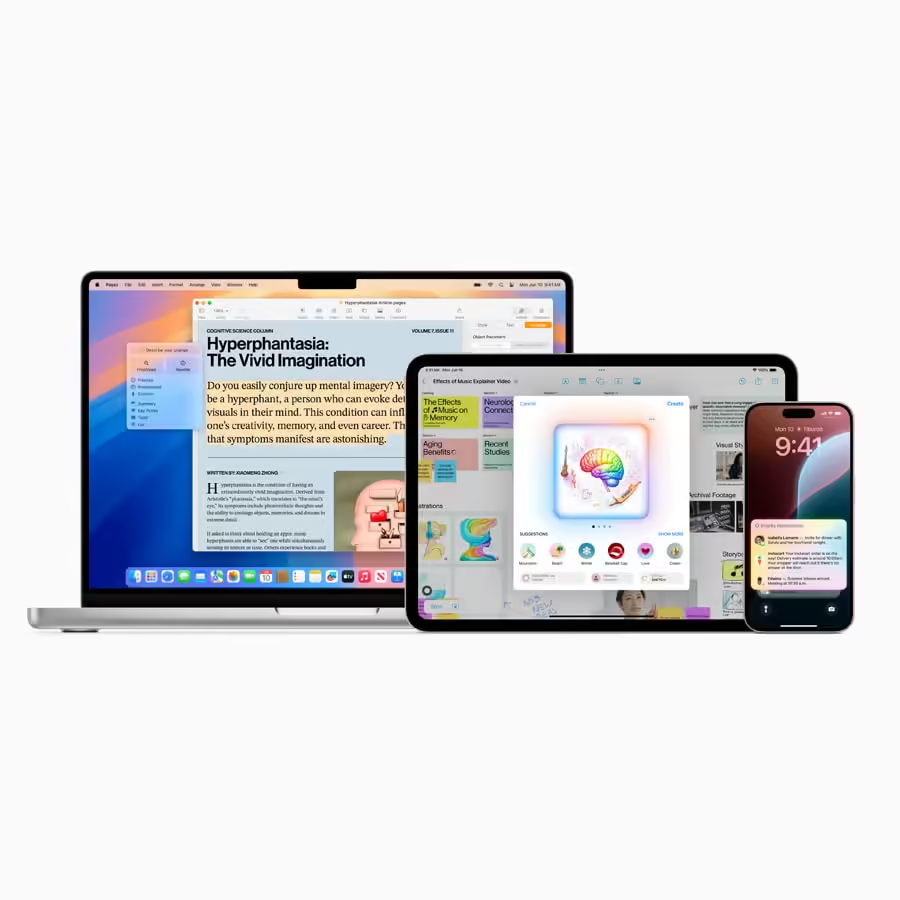The Future is Now: AI and Smartphones in November 2025
Estimated reading time: 12 minutes
Key Takeaways
- The **latest artificial intelligence news november 2025** reveals a significant leap in AI integration within smartphones.
- Smartphones are becoming more intelligent, intuitive, and deeply integrated into our daily lives, driven by AI advancements.
- The **top tech news november 2025** is dominated by the convergence of AI and mobile technology, with **iphone 17 announcement rumors** hinting at groundbreaking **new smartphone features explained** by AI.
- On-device processing, combined with cloud integration, is becoming the standard for balancing performance and privacy.
- AI is transforming camera capabilities, natural language processing, and user interface design.
- The iPhone 17 lineup is poised to be a major showcase for these AI-driven innovations.
- Privacy-first design and hardware optimization for AI workloads are key trends in the broader tech landscape.
Table of contents
- The Future is Now: AI and Smartphones in November 2025
- Key Takeaways
- The Evolving AI Landscape in November 2025
- AI-Driven Innovations Powering Smartphones in 2025
- Deep Dive: iPhone 17 Announcement Rumors and AI
- The Broader Tech Landscape: Top Tech News November 2025
- Looking Ahead: The Future of AI and Smartphones
- Frequently Asked Questions
The pace of technological evolution is nothing short of breathtaking. As we stand in November 2025, the **latest artificial intelligence news november 2025** is painting a vivid picture of a future where our smartphones are more intelligent, intuitive, and integrated into our lives than ever before. The convergence of AI and smartphones is no longer a futuristic concept; it’s a present reality that is rapidly reshaping our digital interactions. Today, we’ll delve into the exciting world of AI in our most personal devices, touching upon the broader **top tech news november 2025**, particularly the much-anticipated **iphone 17 announcement rumors** and the groundbreaking **new smartphone features explained** that AI is enabling.
The Evolving AI Landscape in November 2025
The **latest artificial intelligence news november 2025** clearly indicates that AI has transcended its experimental phase and is now a cornerstone of mainstream functionality. What was once confined to research labs and niche applications is now seamlessly woven into the fabric of our everyday technology.

The competition among major tech giants – including Apple, Google, Microsoft, and OpenAI – is fierce. They are locked in a race to embed increasingly sophisticated AI capabilities into consumer devices. The primary focus is not just on raw power, but on delivering AI that is *fast*, *private*, and genuinely *useful*.
A significant trend defining this era is the adoption of a *hybrid AI approach*. This strategy cleverly combines the strengths of both on-device processing and cloud integration.
⸰ On-device processing refers to running AI models directly on the smartphone. This is crucial for tasks where user privacy is paramount, ensuring that sensitive data never leaves the device. Think of personalized recommendations, on-device language translation, or secure facial recognition.

⸰ Cloud integration, on the other hand, leverages the immense computational power of remote servers. This allows for more complex and data-intensive AI computations, such as advanced image generation, large-scale data analysis, or sophisticated natural language understanding that requires vast datasets.

This dual approach is a pivotal moment, marking a transition where AI becomes not just a background process, but an interactive, visible, and indispensable part of our daily technological experience.
AI-Driven Innovations Powering Smartphones in 2025
The focus in smartphone innovation has dramatically shifted. Manufacturers are now prioritizing machine learning and AI to enhance how devices understand and respond to user needs, moving beyond the singular pursuit of faster processors or higher megapixel counts. These **ai driven innovations 2025** are fundamentally changing what a smartphone can do.

Enhanced Camera Intelligence
Computational photography, powered by AI, is reaching astonishing new levels of sophistication. It’s no longer just about capturing an image; it’s about intelligently processing it to achieve perfect results.
Front-facing cameras are seeing significant upgrades in megapixel counts, but the real revolution is in the intelligent processing of both front and rear camera systems. AI can now understand context, analyze lighting conditions with unprecedented accuracy, and even offer compositional guidance in real-time.
The anticipated iPhone 17 lineup is a prime example, rumored to feature upgraded 24MP front cameras. The Pro models are expected to boast advanced periscope telephoto lenses, enhanced by AI algorithms that can deliver clearer, more detailed zoomed shots than ever before. This level of image enhancement, driven by AI, is set to redefine mobile photography.
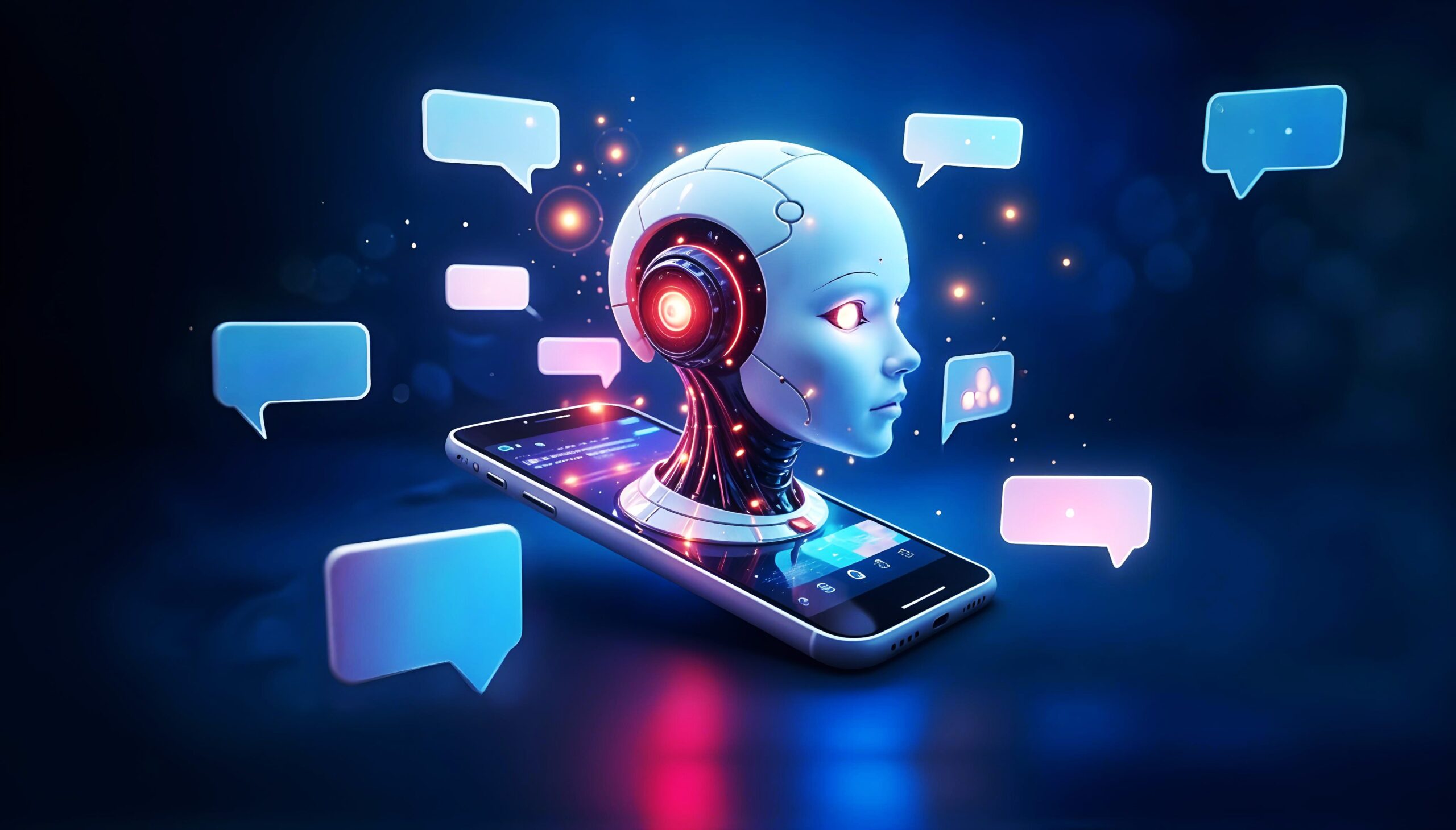
Natural Language Processing and Voice Assistants
The evolution of voice assistants is a testament to AI’s progress. We’re moving beyond simple, reactive commands to truly proactive assistants that learn user habits and anticipate needs. This shift is a critical aspect of the **new smartphone features explained** by AI.
Imagine an assistant that can:
* Suggest scheduling a meeting based on the content of an email you just received.
* Intelligently prioritize notifications, highlighting only those that are truly urgent or relevant to your current activity.
* Provide real-time translation during a conversation, making global communication seamless.
These proactive features demonstrate a fundamental shift in how we interact with our devices, moving towards a more symbiotic relationship.

On-Device Processing Architecture
A significant architectural shift is underway, with a strong emphasis on processing AI models locally on the device. This requires substantial hardware upgrades.
Manufacturers are equipping devices with more powerful neural engines – specialized processors designed for AI tasks – and increasing RAM to handle these complex models. The iPhone 17 Pro models, for instance, are rumored to come with 12GB of RAM, a figure specifically chosen to support advanced on-device AI processing, ensuring that features like real-time analysis and predictive text can run smoothly and privately.

Adaptive Display Technology
The display itself is becoming more intelligent. All iPhone 17 models are expected to feature 120Hz ProMotion displays with Always-On functionality. This isn’t just about smoother scrolling; it’s about AI-driven widgets that can remain visible without a significant drain on battery life.
These intelligent widgets can provide glanceable information like upcoming calendar events, live translations, or real-time weather updates, making the device feel more proactive and responsive to your needs at any given moment.

Deep Dive: iPhone 17 Announcement Rumors and AI
The **iphone 17 announcement rumors** position this upcoming lineup as Apple’s most AI-focused hardware revision to date. After facing some criticism for what some perceived as a slower adoption of AI compared to competitors, Apple appears to be making a significant strategic pivot.
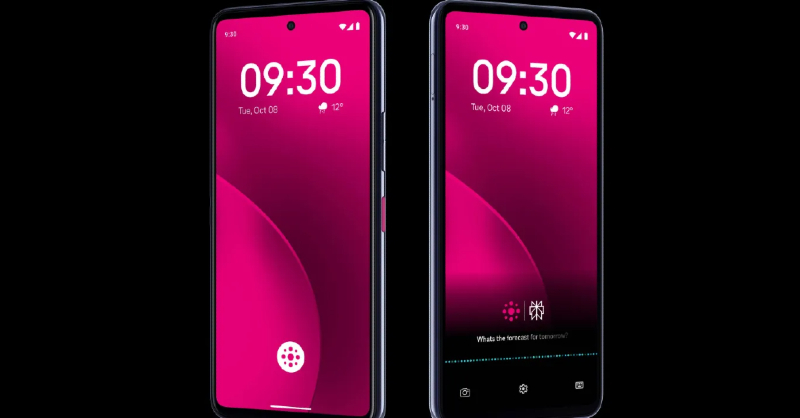
Hardware Architecture for AI Excellence
Central to these advancements are the rumored new A19 and A19 Pro chips, built on an advanced 3nm process. These chips promise substantial boosts in both CPU and GPU performance, crucial for handling AI workloads.
More importantly, the neural engine within these chips is said to nearly double machine learning performance. Each GPU core is rumored to include a dedicated Neural Accelerator, designed to significantly enhance daily workflows and the performance of local AI models. This hardware foundation is key to unlocking the potential of **new smartphone features explained** through AI.
The rumored inclusion of ProMotion displays with adaptive refresh rates and Always-On capability across the entire iPhone 17 lineup would also be a first for Apple, signaling a commitment to delivering these advanced features broadly.
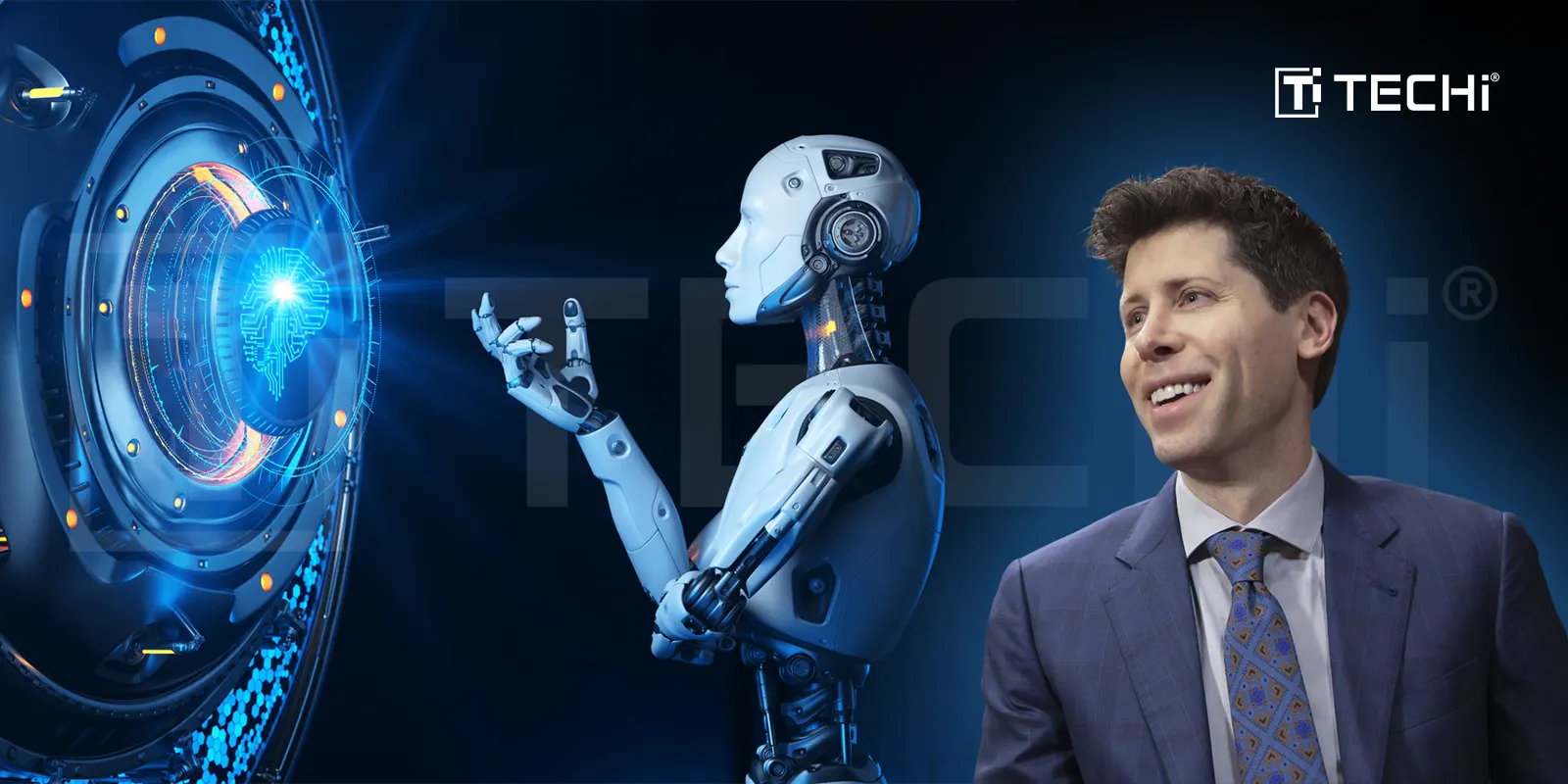
Apple Intelligence Integration and Delays
Apple Intelligence is the name given to Apple’s proprietary AI layer, designed with a strong emphasis on on-device processing for enhanced privacy and speed. It aims to bring advanced AI capabilities directly to the user’s device.
The promised features include:
* Smarter text suggestions that adapt to your writing style.
* Enhanced photo editing capabilities, allowing for more sophisticated manipulation.
* More natural and conversational Siri interactions.
* Context-aware actions that understand what you’re doing and offer relevant help.
However, a notable aspect of the **iphone 17 announcement rumors** is the potential delay for a major Siri upgrade. While the underlying hardware and software will support advanced AI, the truly groundbreaking Siri enhancements are rumored to be pushed to 2026. There’s also speculation about potential third-party partnerships, such as integrating Google Gemini, to fill any immediate gaps. This indicates a measured, albeit ambitious, approach to AI rollout.
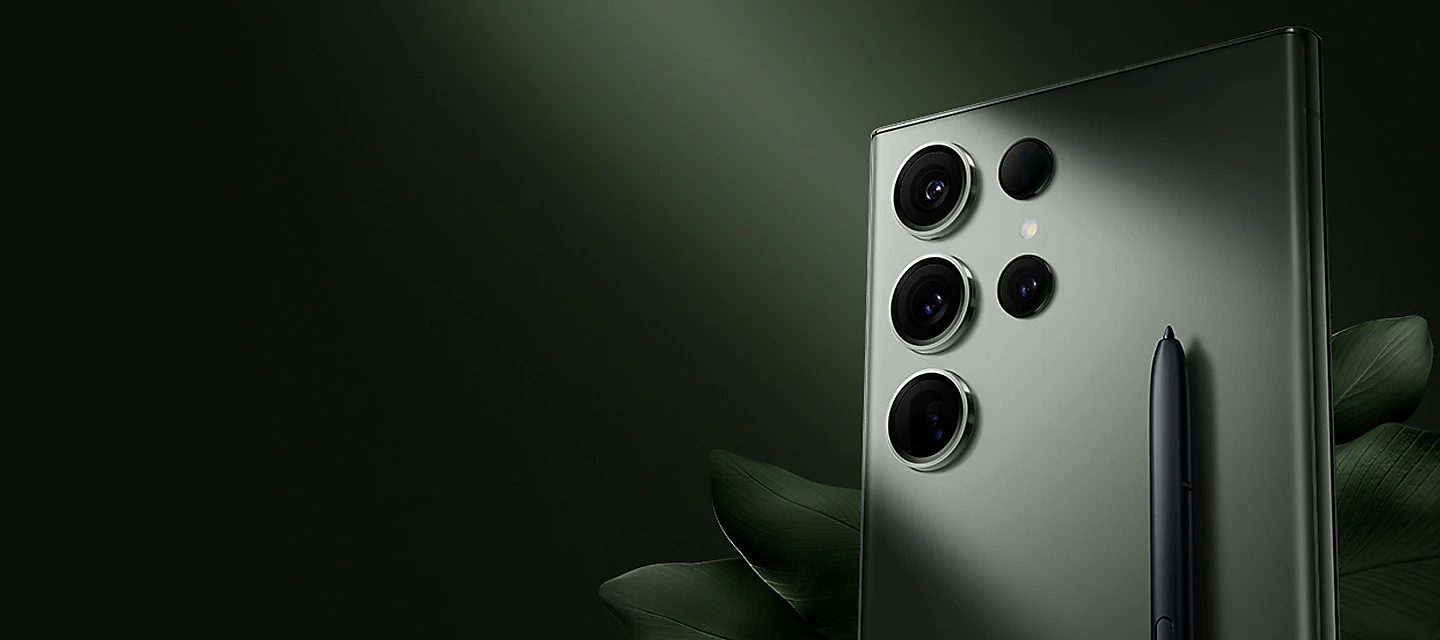
Design and Camera Advancements
Beyond AI, the iPhone 17 lineup is expected to bring design and camera innovations. The rumored iPhone 17 Air model, for example, is described as featuring an ultra-thin design, a 6.6-inch OLED display, the new A19 chip, and 12GB of RAM, aiming for a balance of performance and portability.
A redesigned horizontal camera bar and a streamlined aesthetic are also part of the design rumors. On the camera front, upgraded systems are expected across both the Air and Pro models. There’s a possibility of a 48MP periscope telephoto lens on the Pro Max, further pushing the boundaries of mobile photography. Features like dual video recording and adjustable apertures for creators are also being discussed, enhancing the creative potential of these devices.
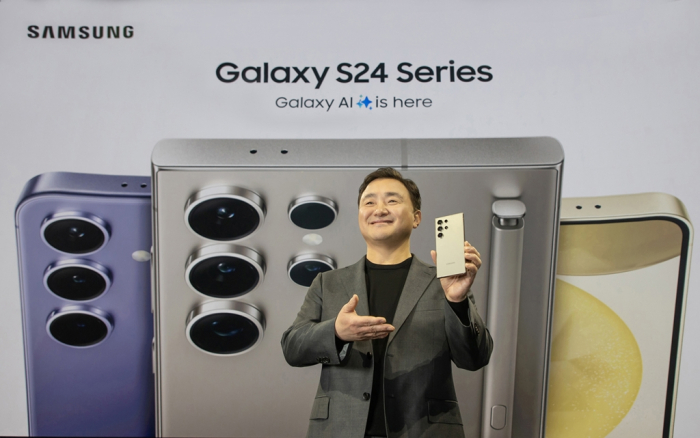
Connectivity and Efficiency
Underpinning these AI capabilities are advancements in connectivity and efficiency. Apple is rumored to be developing its own custom 5G modem, promising improved sub-6GHz performance and better power efficiency.
Furthermore, system-wide Wi-Fi 7 support is anticipated. This standard offers lower latency and more stable throughput, which is essential for seamless cloud-assisted AI features and a more responsive overall user experience.

The Broader Tech Landscape: Top Tech News November 2025
The **top tech news november 2025** consistently points to AI as the unifying theme driving innovation across various technological sectors. This isn’t limited to smartphones; it’s a broader industry-wide shift.
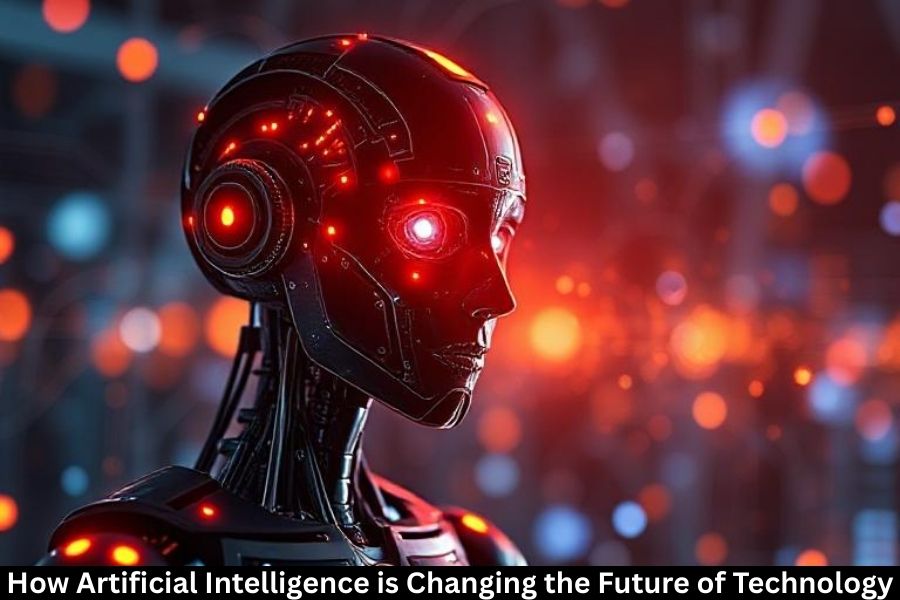
Privacy-First Design Philosophy
The consensus in the industry is increasingly leaning towards on-device processing for sensitive operations. This approach directly addresses growing consumer privacy concerns while still enabling powerful AI functionalities. The hybrid model, blending on-device capabilities with secure cloud processing when necessary, is seen as the optimal path forward.
Hardware Optimization for AI
Beyond just faster chips, manufacturers are undertaking a fundamental redesign of device hardware specifically for AI workloads. This includes optimizing thermal systems to handle increased processing demands, improving power delivery for sustained AI tasks, and re-architecting memory hierarchies to efficiently manage the large datasets used in AI models. This marks a significant departure from previous generations, where hardware was primarily optimized for general computing tasks.

Cross-Device Intelligence
AI capabilities are no longer confined to a single device. We are seeing a move towards AI that spans entire ecosystems. This means seamless, coordinated experiences across smartphones, tablets, smartwatches, and accessories like wireless earbuds. Your devices will work together more intelligently, understanding your context and preferences across all of them.
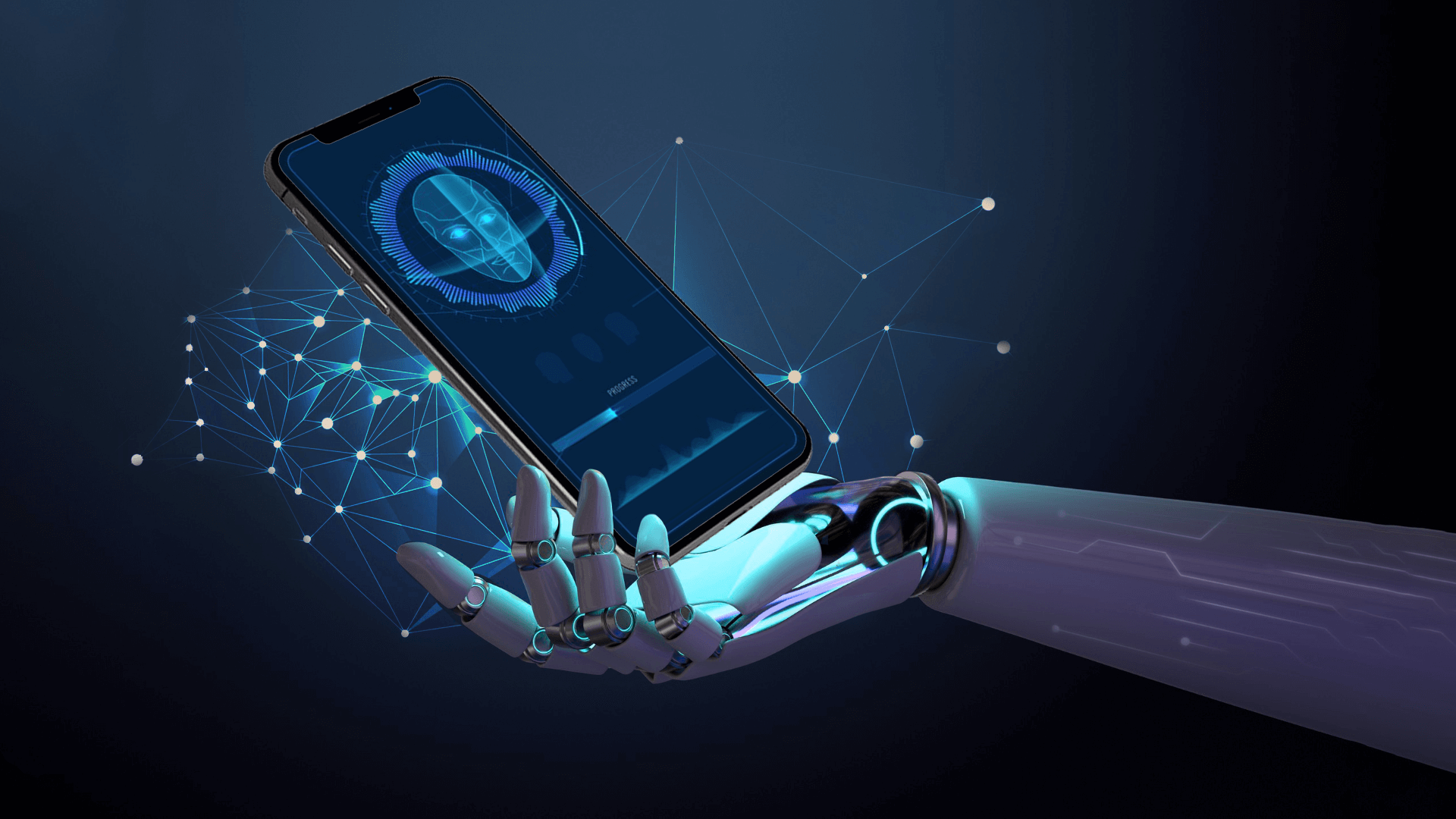
Third-Party Integration
A growing trend is the willingness of companies to partner for AI components and capabilities rather than relying solely on in-house development. This can accelerate innovation and bring more advanced AI features to consumers faster. By integrating specialized AI solutions from third parties, manufacturers can offer a richer and more sophisticated user experience without the extensive development timelines.

Looking Ahead: The Future of AI and Smartphones
The **latest artificial intelligence news november 2025** underscores a profound transformation in smartphone technology. The **ai driven innovations 2025** are shifting AI from a novelty to a fundamental infrastructure within consumer electronics.
Consumers can anticipate a future filled with:
* *More intuitive interactions*: Devices that understand your intent, not just your commands.
* *Enhanced privacy*: Robust on-device processing for sensitive data.
* *Superior creative tools*: AI-powered cameras and editing software that unlock new possibilities.
* *Proactive assistance*: Smartphones that anticipate your needs and offer timely support.
* *Seamless cross-device experiences*: Unified AI intelligence across your entire digital ecosystem.
The iPhone 17 lineup, despite potential hiccups in its AI-powered Siri rollout, represents a significant step forward. The underlying hardware and software architecture are now firmly geared towards realizing the vision of smartphones as truly intelligent personal assistants. The foundation is laid for a future where our devices are more capable, personalized, and integrated than ever before.
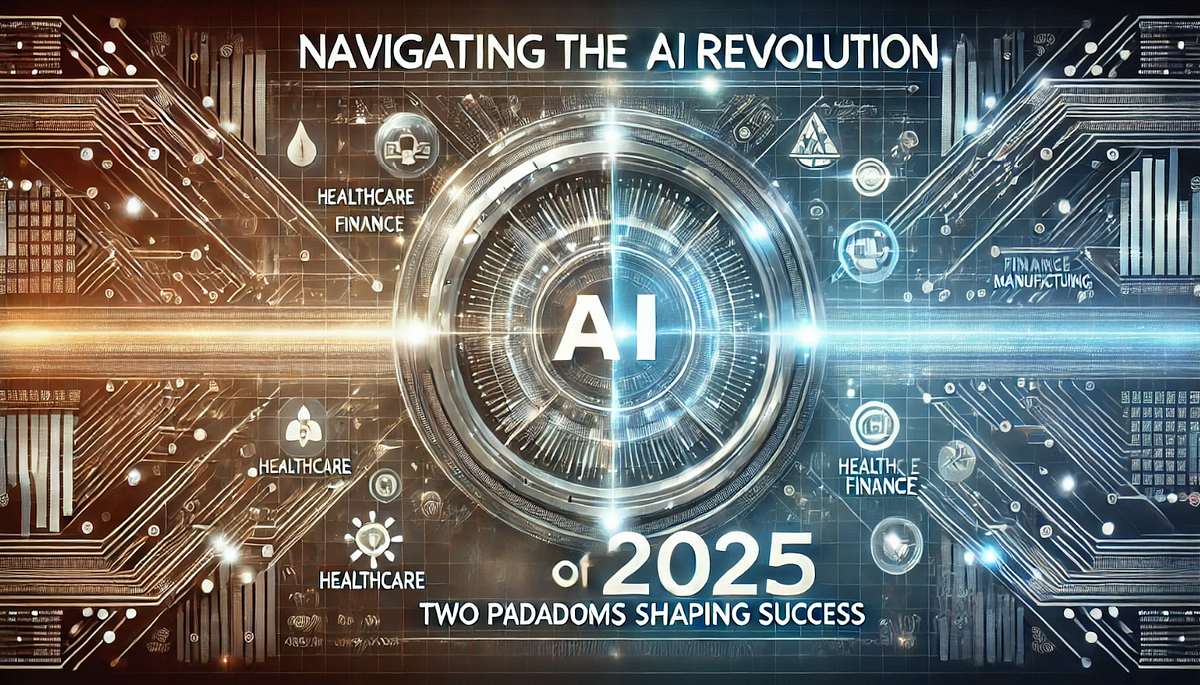
Frequently Asked Questions
What is the primary impact of AI on smartphones in late 2025?
AI is making smartphones significantly more intelligent, intuitive, and personalized. This includes enhanced camera capabilities, advanced natural language processing for voice assistants, and proactive user assistance.
What is a hybrid AI approach in smartphones?
A hybrid AI approach uses a combination of on-device processing for speed and privacy, and cloud integration for more complex computational tasks. This balances performance with security and efficiency.
Are the iPhone 17 rumors about AI features reliable?
While rumors should always be taken with a grain of salt, consistent reporting suggests that Apple is making a significant push into AI with the iPhone 17 lineup, focusing on hardware and software improvements to support advanced AI capabilities, particularly through “Apple Intelligence.”
What does “on-device processing” mean for AI on smartphones?
On-device processing means that AI algorithms run directly on the smartphone’s hardware. This is particularly beneficial for tasks involving personal or sensitive data, as it enhances privacy and security by keeping that data on the device rather than sending it to the cloud.
How is AI improving smartphone cameras?
AI is revolutionizing smartphone cameras through computational photography. It enhances image processing for better detail, color, and low-light performance. AI also enables features like intelligent scene recognition, object tracking, and advanced image stabilization, leading to professional-quality photos and videos from a handheld device.
What are the main trends in top tech news for November 2025 regarding AI and devices?
Key trends include a strong emphasis on privacy-first design, hardware specifically optimized for AI workloads, seamless cross-device AI experiences, and increased third-party integration for AI solutions, all pointing towards a future where AI is deeply embedded in our technology.


